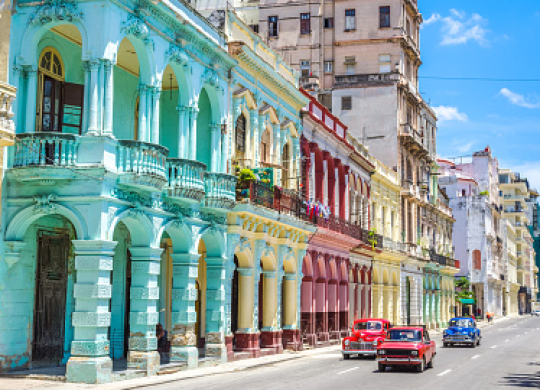Travel to Cuba: rules for crossing the border, necessary documents and other nuances for tourists
Table of contents

Cuba is a beautiful country with special customs, incredible nature, and historical landmarks. However, in order for your vacation on Liberty Island not to be spoiled, it is better to prepare properly.
Documents required
When planning a trip to Cuba, the first thing to remember is a tourist card or visa. This is a mandatory document for almost all countries in the world (with some exceptions).
The visa is not pasted into the passport but is a separate document that allows you to stay in Cuba for up to 30 days.
It is usually filled out by hand at the nearest Cuban embassy in your country. For this, a minimum package of documents is required:
1) Plane tickets;
2) International passport;
3) Confirmation of housing reservation;
4) Medical insurance;
5) Passport size photo;
6) Receipt for the payment of the consular fee (approximately $30, depending on the country of your stay).
Usually, the visa is issued on the day of application, but it all depends on the workload and specifics of the consulate's work.
If you do not have the opportunity to contact the consulate in person, you can apply for a visa online. To do this, contact a special company, which for an additional fee will apply for and send the card directly to your home. You will have to wait for it for several weeks.
If you fly to Cuba by charter from Europe, Mexico or the USA, you can buy a tourist card just at the check-in desk. It is important that it is a direct flight of the airline. You can find out this information from the airline of your choice.
Other visa control nuances
If you are traveling to the Republic of Cuba with children, you must apply for a tourist visa for them. You must also provide notarized permission for the child to travel abroad (provided that one of the parents is not traveling with you), and a birth certificate.
The Cuban visa is single-entry, i.e. it is valid for one border crossing for a period of up to 30 days. The validity period of your international passport must be at least 3 months from the date of the end of the trip.
Currency in the amount of more than 10,000 per person can be imported into Cuba only if you provide a written declaration from the customs authority, as well as bank statements for this amount.
If you plan to rent a car, you need to have an international driver's license. It can be issued offline and online. This service costs $49. The document is issued in 2 formats - electronic and plastic. After registration, you can receive the electronic format by e-mail, and the paper one will be sent by address delivery (the service is included in the registration fee).
On the plane before landing in Varadero or Havana, you need to get a migration card. Attention: it is filled out in English (if you are not sure about the correctness of the filling, you can ask the service staff for help). You can also take this card and fill it out in the passport control area upon arrival on Liberty Island.
There are also special prohibitions and customs restrictions here:
1) Import and export of food is prohibited;
2) The export of national currency is prohibited;
3) The export of corals and stuffed animals is prohibited;
4) Export of Cuban cigars without a receipt.
Before the trip, you must also take out medical insurance, because the treatment of foreigners in this country is very expensive. In the event of an insured event, you should contact the insurance agent, and then address the medical facility (except for emergency cases).
Useful contacts:
The telephone code of the country is 53, the code of Havana is 7, Varadero is 5
The police phone number is 8820116 or 8677777
Emergency medical service - 2042811
Recommended articles
5 min
Travels
4 min
Travels
4 min
Travels
All materials and articles are owned by VisitWorld.Today and are protected by international intellectual property regulations. When using materials, approval from VisitWorld.Today is required.
